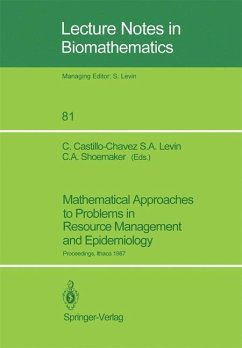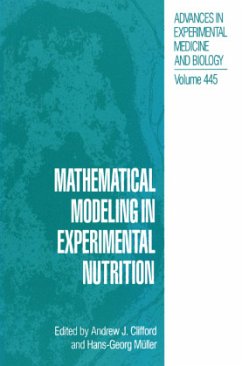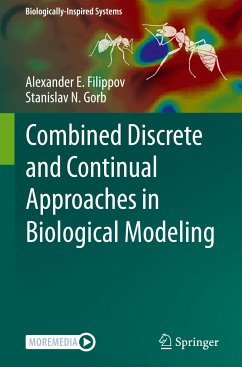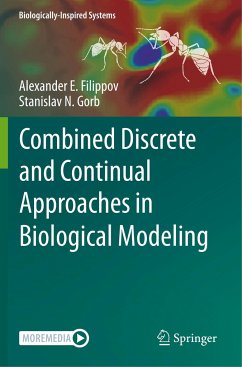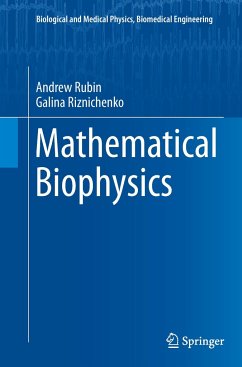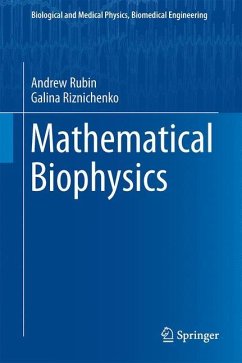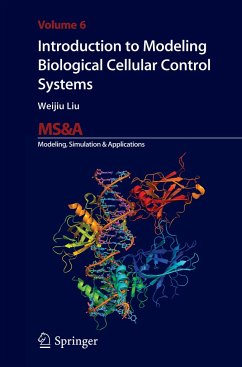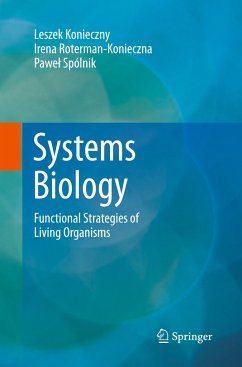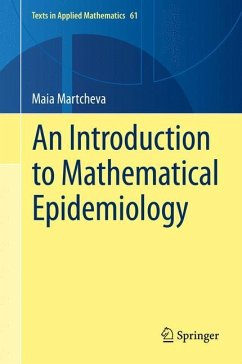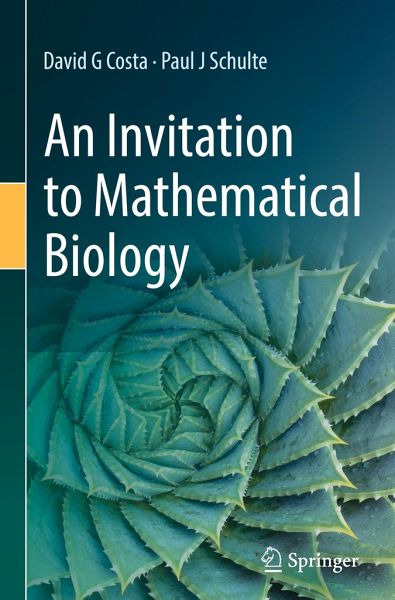
An Invitation to Mathematical Biology
Versandkostenfrei!
Versandfertig in 6-10 Tagen
76,99 €
inkl. MwSt.
Weitere Ausgaben:

PAYBACK Punkte
38 °P sammeln!
The textbook is designed to provide a "non-intimidating" entry to the field of mathematical biology. It is also useful for those wishing to teach an introductory course. Although there are many good mathematical biology texts available, most books are too advanced mathematically for most biology majors. Unlike undergraduate math majors, most biology major students possess a limited math background. Given that computational biology is a rapidly expanding field, more students should be encouraged to familiarize themselves with this powerful approach to understand complex biological phenomena. Ul...
The textbook is designed to provide a "non-intimidating" entry to the field of mathematical biology. It is also useful for those wishing to teach an introductory course. Although there are many good mathematical biology texts available, most books are too advanced mathematically for most biology majors. Unlike undergraduate math majors, most biology major students possess a limited math background. Given that computational biology is a rapidly expanding field, more students should be encouraged to familiarize themselves with this powerful approach to understand complex biological phenomena. Ultimately, our goal with this undergraduate textbook is to provide an introduction to the interdisciplinary field of mathematical biology in a way that does not overly terrify an undergraduate biology major, thereby fostering a greater appreciation for the role of mathematics in biology




